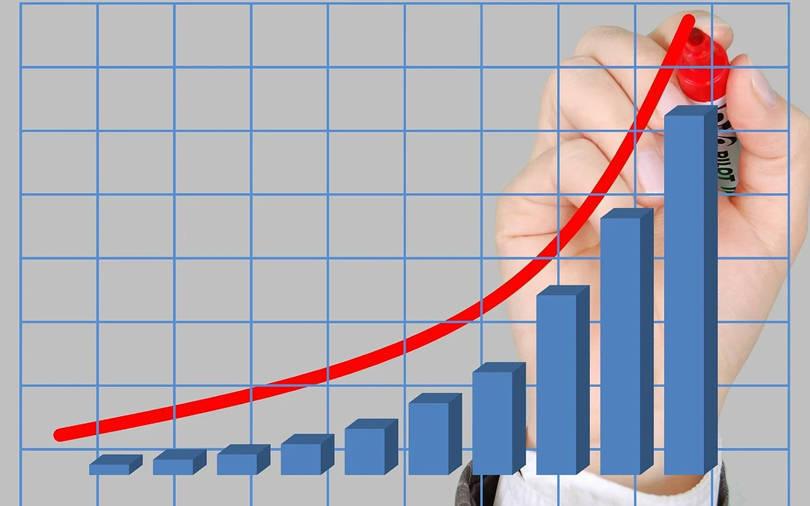India has witnessed its consumer digital economy market logging a tenfold jump over 2020 as it is poised to touch $800 billion in 2030, showed a joint report released by Indian Venture and Alternate Capital Association (IVCA) and EY on Thursday.
said that Covid triggered consumer behavior shift led to India’s further growth in internet and e-commerce sector.
The report further said that rapid internet penetration and increasing smartphone usage are driving growth in e-commerce and digital payments.
The findings also showed that India has been the fastest growing e-commerce market, among top 10 cities in sales in 2021, as it grew 27%, beating the US, China and Southeast Asia.
It also showed that only 43% of India has seen internet penetration as of 2021, which offers a huge potential for e-commerce and digital companies.
Moreover, the number of internet users in India grew 124% between 2016 and 2021.
The country also saw highest-ever smartphone revenue, shipments in 2021, and it has grown over 130% between 2016 and 2021, the study showed.
Meanwhile, India registered the highest real-time online transactions in 2020 at 25.5 billion, beating the US, China and other Southeast Asian countries.
Private equity (PE) and venture capital (VC) investments in Indian internet and e-commerce witnessed 370% growth in 2021, driven by large-size investments across fintech, hyperlocal and e-commerce sectors, the report showed.
It also said that fintech remained the largest and fastest-growing sector in terms of PE/VC investments. While small-ticket investments in the Indian e-commerce and internet sector accounted for over 60% of total PE/VC investments, large-ticket investments grew significantly with growth in late-stage funding.
Within the digital economy, the IVCA-EY report showed that the Indian gaming market grew 22% on year to reach $2.2 billion in 2021.
The gaming industry is expected to grow threefold by 2027 as the country transitions from a net importer of global gaming titles to a global exporter of content and intellectual property, the report said.
Gaming accounted for 54% market share by revenue stream, followed by in-app purchases at 26% and ad revenue at 15%, it added.
The e-commerce market, meanwhile, is expected to capture 11.4% of the total Indian retail market by 2026, the report showed. Business-to-consumer (B2C) witnessed a near 15X increase in PE/ VC funding in 2021.
Within the e-commerce market, the online grocery market is expected to grow at a compounded annual growth rate (CAGR) of 29% between 2021 and 2026 and the market is expected to be a $1.311 trillion market by 2026, the findings said.
The online food delivery market, on its part, is seen growing at a CAGR of 30% between 2021 and 2026 and will be a $1.515 trillion market by 2026, it added.
The direct-to-consumer (D2C) segment, meanwhile, is expected to grow at CAGR 25% between 2021 and 2025 with the fashion market expected to have a 53% share within the segment.
The social commerce and live commerce markets are expected to have gross merchandise value of $16 billion and $5 billion respectively by 2025, the report showed.
Moreover, the business-to-business (B2B) e-commerce market has 8X larger market opportunity than the B2C e-commerce market, it added.
VCCircle had recently reported that India’s top four B2B e-commerce marketplaces--Udaan, Moglix, Zetwerk and Infra.Market--are expeting a 2X to 5X growth in their revenues in 2021-22 (FY22). To be sure, these companies had already registered a 100-500% growth in their revenues in 2020-21 (FY21).
The IVCA-EY report said that it expects brand aggregators and roll-up firms to enable market efficiencies, going forward.
The findings further said that social commerce will continue to expand its outreach and provide organic viral growth by social sharing between end customers, resellers, influencers, leading to a lower customer acquisition cost.
Investors will thus have greater exit options available, the report said, adding that it will also lead to faster creation of unicorns and new and emerging segments will attract investments that will lead to an increase in the breadth of capital deployment.






